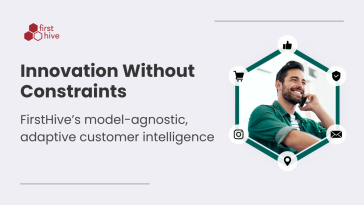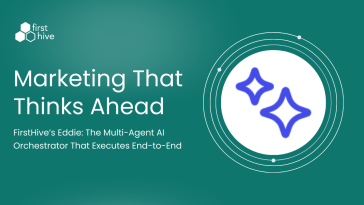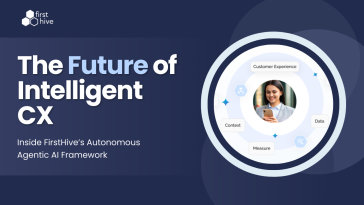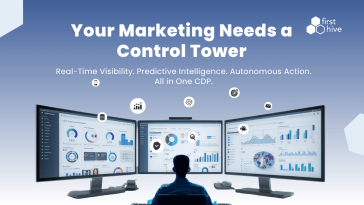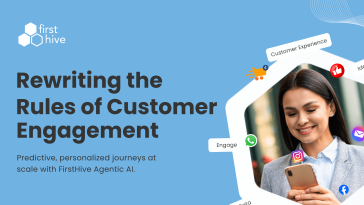First-party data, a term frequently heard in the marketing world, refers to the information a company collects directly from its customers or website visitors. It is a valuable asset that allows businesses to gain insights into their audience, personalize marketing strategies, and deliver targeted and relevant content.
What is First Party Data?
In today’s digital age, businesses have access to a vast amount of data that can provide valuable insights into their customers’ behaviors and preferences. One type of data that is particularly valuable is first-party data.
First-party data refers to the information that businesses collect directly from their customers. This data is obtained through various interactions that customers have with the company’s online platforms, such as websites, mobile apps, and social media platforms. These touchpoints serve as channels for businesses to gather information about their customers.
The types of information that fall under first-party data are diverse and can include demographic details, such as age, gender, and location. This data helps businesses understand the characteristics of their customer base and tailor their marketing strategies accordingly.
Browsing behavior is another crucial aspect of first-party data. By tracking customers’ online activities, businesses can gain insights into their interests, preferences, and intent. This information can be used to personalize the customer experience, recommend relevant products or services, and optimize marketing campaigns.
Purchase history is also a valuable component of first-party data. By analyzing customers’ past purchases, businesses can identify patterns and trends, understand their customers’ buying habits, and make data-driven decisions regarding product offerings, pricing, and promotions.
Customer preferences are another important aspect of first-party data. By collecting information about customers’ preferences, such as their favorite products, brands, or communication channels, businesses can create personalized experiences and targeted marketing campaigns that resonate with their customers.
Overall, first-party data is a powerful tool that businesses can leverage to gain a deeper understanding of their customers. By collecting and analyzing this data, companies can make informed decisions, improve customer experiences, and drive business growth.
Why is First Party Data Important?
First-party data is essential for several reasons:
- Accuracy and Reliability: As businesses collect the data directly, they have control over its accuracy and reliability.
- Targeted Marketing: With first-party data, businesses can understand their customers’ preferences and behavior, allowing them to create personalized and targeted marketing campaigns.
- Customer Insights: First-party data provides valuable insights into customer behavior, allowing businesses to better understand their audience and make informed decisions.
- Improved Customer Experience: By leveraging first-party data, businesses can provide a more personalized and seamless customer experience, leading to increased customer satisfaction and loyalty.
How is First Party Data Collected?
First-party data is collected through various channels:
- Websites: By tracking website visitors’ interactions, such as clicks, page views, and form submissions.
- Mobile Apps: Mobile apps can collect data on user behavior, preferences, and location.
- Email Marketing: Data can be collected through email subscriptions, open rates, click-through rates, and customer responses.
- Social Media: Social media platforms provide insights into user demographics, interests, and engagement.
How is First Party Data Used?
First-party data is used in various ways to enhance marketing strategies and improve customer experiences:
- Personalization: By leveraging first-party data, businesses can create personalized marketing campaigns tailored to individual customers’ preferences, improving engagement and conversion rates.
- Segmentation and Targeting: First-party data allows businesses to segment their audience based on various criteria, such as demographics, behavior, or purchase history, enabling more targeted and effective marketing campaigns.
- Customer Retention: With first-party data, businesses can better understand their customers, identify at-risk customers, and implement strategies to increase customer retention and loyalty.
- Cross- and Upselling: First-party data helps identify opportunities for cross-selling or upselling to existing customers, increasing revenue and customer lifetime value.
- Optimizing Ad and Email Marketing Campaigns: By analyzing first-party data, businesses can optimize their ad and email marketing campaigns, ensuring they reach the right audience with the right message at the right time.
- Product and Service Optimization: First-party data provides insights into customer preferences and behavior, enabling businesses to optimize their products or services based on customer feedback and demands.
- Improved User Experience: By leveraging first-party data, businesses can provide a more personalized and tailored user experience, increasing customer satisfaction and engagement.
- Increase User Acquisition: First-party data helps identify high-value customer segments, allowing businesses to focus their acquisition efforts on the most valuable prospects.
- A/B Testing: First-party data is crucial for conducting A/B testing, enabling businesses to test different variations of marketing campaigns, website designs, or product features to identify the most effective approach.
In conclusion, first-party data is a powerful tool that businesses can use to gain insights, improve marketing strategies, and enhance customer experiences. By collecting and leveraging this valuable information, companies can create more targeted and personalized campaigns, leading to increased customer satisfaction, loyalty, and ultimately, business success.



